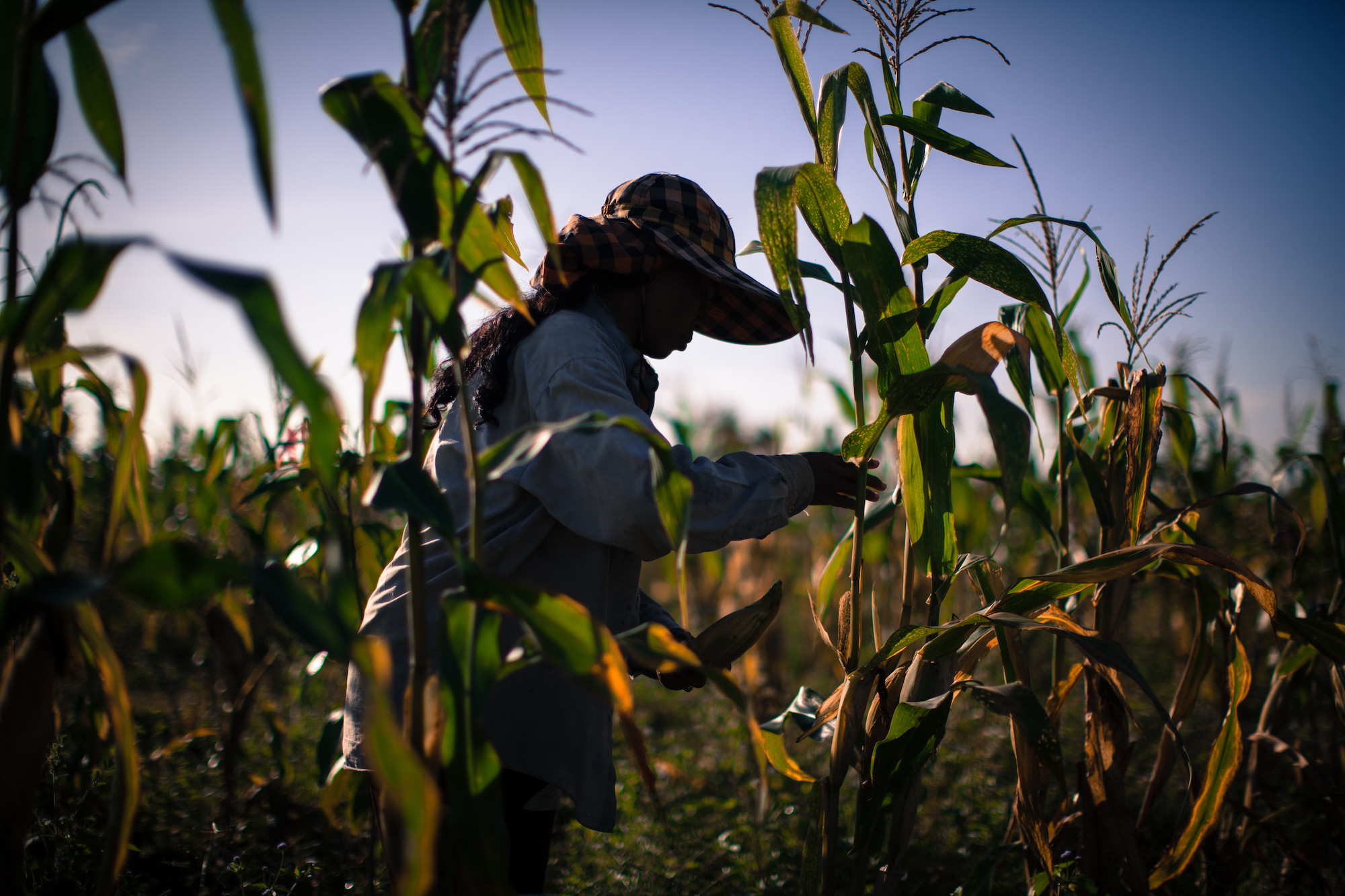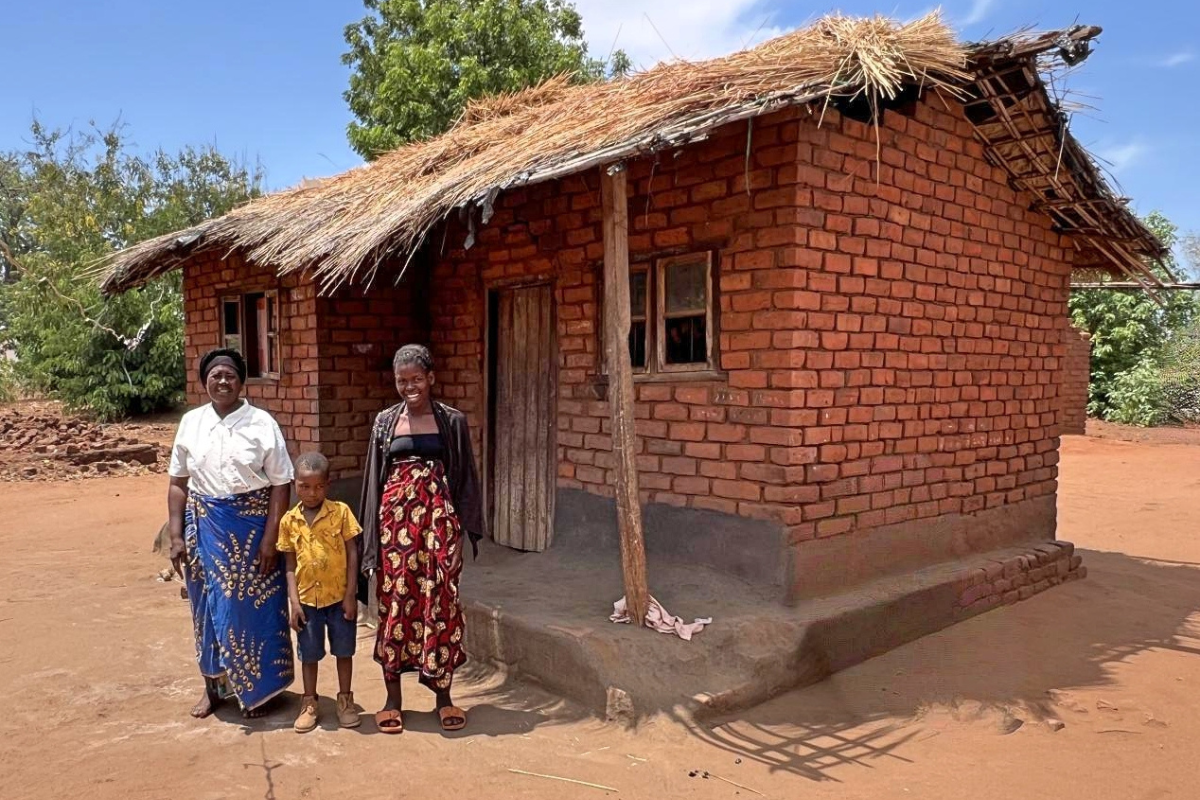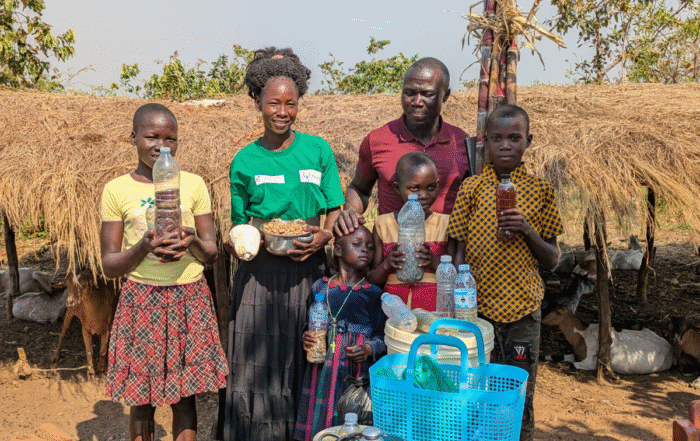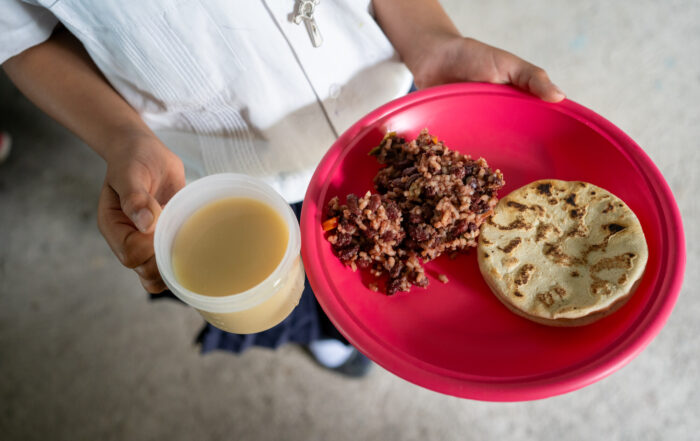What is Sustainable Agriculture and How You Can Help Implement It

With the world population growing, the demand for food also increases – creating a huge challenge for global food security. Thanks to industrial farming, we’re able to produce food in large quantities to feed the growing global population; however, this method is not designed to be sustainable because it depletes our resources at a dangerously fast rate.
Overall, sustainable agriculture employs new science-based approaches to decrease environmental harm and enhance productivity. In this article, we’ll discuss the importance of sustainable agriculture to ensure food security in the future.
What is sustainable agriculture?
Sustainable agriculture is about responding to the requirements of today without sacrificing the demands of tomorrow. When implemented well, sustainable agriculture is ecologically sound, socially responsible, and potentially lucrative.
In practice, this involves farming practices that aim to use natural fertilizers and natural pest control methods to improve soil health, provide sufficient food for the community and give farmers a better quality of life.
At the same time, sustainable agriculture also aims to avoid the following practices:
- Overgrazing: When plants are exposed to extensive grazing without enough of a recovery period. This deteriorates the soil structure and increases soil erosion.
- Slash and burn: The process of chopping down and burning vegetation before new seeds are sown, destroying biomass and dry matter that could be used for soil cover to improve soil fertility while producing unnecessary air pollution.
- Harmful pesticides: Excessive pesticide usage contaminates soil, water and other vegetation, while also harming other animals in the ecosystem.
- Synthetic fertilizers: Heavy and inappropriate usage can damage soil structure and lead to toxic salt concentrations in the soil, leaving it unsafe for most plants. Efficient use of – based on for instance soil tests – mineral fertilizers, organic manures and biologically fixed minerals such as nitrogen is a means to increase agricultural production.
- Excessive soil tilling: Alters the soil structure, exposing it to wind and making it more prone to erosion while destroying the soil microbial activity. This damages soil quality overtime.
- Monoculture crops: Makes crops more prone to pests and diseases, while also draining soil minerals without giving the soil time for recovery.
Why is sustainable agriculture crucial?
By the year 2050, it is expected that the world would require around 70 percent more food to support the expanding global population.
With conventional agricultural methods, we are going to struggle to meet this demand, as the availability of fertile land decreases due to the unsustainable farming methods mentioned above. Furthermore, conventional methods like excessive tillage, deforestation and or slash and burn agriculture also contribute significantly to climate change.
On the other hand, investing in sustainable farming methods can help increase crop yield and prevent the overexploitation of natural resources while conserving the environment. Sustainable farming focuses on reducing post harvest losses through enhancing and preserving produce through improving storage to ensure food access through the year and preserving grain for markets.
To help families around the world move towards more sustainable farming methods, World Renew provides training programs to small farmers like Pilar Martinez, from Cañada Galana, Honduras. By learning about better sustainable agricultural farming practices, she has seen improved harvests and she has been able to face challenges head on with confidence and expertise.
Five sustainable agricultural practices to implement
Now that we understand why sustainable agriculture is crucial for future generations, let’s go through the five most effective sustainable agricultural practices that should be encouraged throughout the world.
Here are the five sustainable agricultural practices recommended to farmers throughout the world:
1. Embrace diversity
Crop diversification is the practice of cultivating more than one variety of crops belonging to the same or different species in a given area in rotations. This lowers the risk of entire crop yields getting wiped out by pests and diseases.
By planting diverse crops and adapting the knowledge they gained through World Renew’s sustainable agriculture training, small farmers like Lydia and her husband, Francis Waweru, reap benefits such as increased soil fertility, better pest and disease management, and yield stability.Before Lydia joined the ADS Mount Kenya program at the end of 2016, she had been growing maize, beans and fifty banana plants on soil that was sandy and that often went with very little rainfall. In 2018, following the advice of program staff, Lydia made the decision to diversify her crops by switching to drought-tolerant cassava and sorghum.
Crop rotation is the most effective approach to reduce pest, disease and weed issues while maintaining soil structure and improving fertility. In addition, crop rotations offer various benefits, including enhanced soil microbial activity, which can boost the supply of nutrients.
2. Reduce tillage
Farming techniques such as surface-seeding or the use of plant basins can help reduce tillage significantly. Reducing tillage can improve soil aggregation, and boost water capacities and infiltration rates, which leads to enhanced soil moisture and organic matter content.
Besides environmental advantages, reduced tillage can prove cost-effective for farmers. Furthermore, it reduces work and saves time, minimizes wear and conserves fuel by minimizing mechanical passes across the field.
Meet Sabina Makongo, a farmer and practitioner of conservation agriculture in the village of Nyamohanga, Tanzania. Sabina and her husband grew up in farming families and used the traditional farming methods their parents practiced – however, those methods weren’t yielding enough of a result. World Renew and our partner, the Mara Ukerewe Diocese of the Africa Inland Church, introduced conservation agriculture in Sabina’s village, and now, Sabina’s harvest yields 4,800 kgs of maize from the very same land that once only produced 700 kgs annually!
3. Plant soil cover crops
Planting cover crops such as legumes along with the main crop can help prevent soil erosion, preserve soil health, help to control pests and diseases, and increase biodiversity.
Furthermore, cover crops also reduce the compaction of soil and attract beneficial insects. In a nutshell, they can contribute to protecting and building soil health in cultivated areas and reducing the negative environmental impacts of agriculture.
4. Agroforestry practices
Agroforestry is the cultivation of trees and shrubs amidst crops or grazing areas. Agroforestry practices combine agricultural and forestry operations with a sustainable approach for long-term, productive and diversified land utilization.
Farmers transitioning into an agroforestry agricultural system can leverage natural processes that boost crop output directly as it enhances soil health, reduces water usage and diversifies their farms. For example, fodder trees such as Leuceana, gliricidia, sesbania are plantented for diverse uses such as; nitrogen fixation, leaves/biomass for mulching, leaves for fodder and wood from the branches for firewood.
Meet Isaías Gómez Castro, a farmer from the community of Nueva Jerusalem, Nicaragua. He started his first agricultural training on Agroforestry with the help of World Renew and our local partner. After years of practice, he has increased his crop yields of basic grains, fruits, and vegetables and has sufficient for his family’s consumption to eat
5. Integrated pest management (IPM)
IPM techniques aim to protect crop and pasture health by combining different techniques of pest control, such as using natural pest control, rotating crops, and physical means of removing pests.
While pesticides help control and enhance agricultural output, the overuse of particular pesticides can become ineffective over time as pests develop resistance. Using different methods of organic pesticide management can help reduce pesticide usage.
Honduran farmer’s story
You can see World Renew’s impact on the lives of a group of Honduran farmers, who faced unstable rainfall in winter, soil degradation, declining soil fertility, and deforestation that resulted in a lack of sufficient food. World Renew helped strengthen their economic opportunities by increasing agricultural production in nine communities, training farmers in improved and sustainable agronomic practices such as conservation agriculture, seed production, organic fertilizer, agroforestry, and compost production to improve the fertility of the land.
World Renew’s impacts on sustainable agriculture
World Renew identifies and implements improved agriculture management strategies. We are committed to assisting smallholder farmers in feeding their families and generating extra income using sustainable farming techniques to preserve and nurture the land.
However, we simply cannot lay the weight of more sustainable agriculture on farmers’ shoulders alone. Adopting more sustainable practices typically calls for major investment, so organizations have to lead responsible practices and policies.
Our main goal is to protect the environment, feed people, promote healthy communities, help us promote sustainable agriculture, and support our sustainable food security programs worldwide.
MORE STORIES AND NEWS
Malawi: Compassion through strength
Compassion through strength In Malawi February 17, 2026 Compassion through strength in Malawi February
Uganda: Beyond food secure
Beyond food secure In Uganda February 11, 2026 Beyond food secure in Uganda February
Canada: Fasting for Change: Fighting World Hunger
Fasting for Change: Fighting World Hunger October 10, 2025 Fasting for Change: Fighting World Hunger






